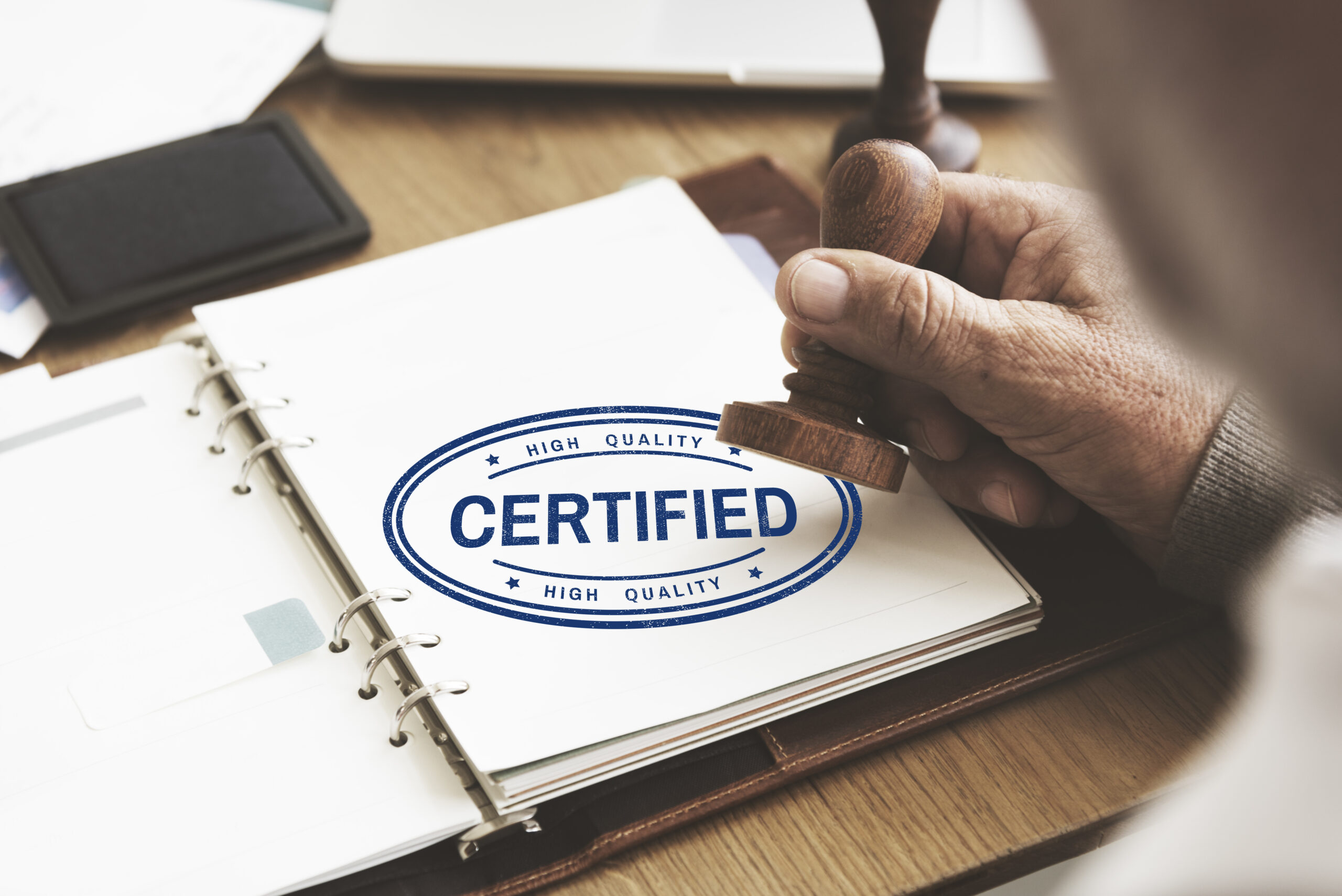Chemical translation refers to the translation of texts in the field of chemistry from one language to another, including scientific papers, process flow, laboratory reports and product manuals. Translators need to master relevant professional terms and concepts and have good language translation skills.
Artlangs Translation Company is a leading domestic energy and petrochemical translation service provider, focusing on providing high-quality translation services to customers in the field of chemical chemistry to promote international cooperation and communication.
In view of the professionalism of chemical translation, our service process is rigorous and systematic to ensure the accuracy and scientificity of the translation. After communicating the needs, customers can upload files or send emails through the website. Our professional translators will process your documents and assign translators with relevant field knowledge. We attach importance to the accuracy and quality of translation and implement a strict quality assurance process, including spelling and grammar checking, to ensure the correctness of the content. All documents will be reviewed multiple times to ensure that the final version is correct.
When translating in the chemical industry, there are several key points to pay attention to:
1. Accurate wording
Chemical literature usually requires concise and accurate wording. When translating, you should ensure clarity of expression. For example, although "destroyed" and "damaged" in English are synonyms, they express different degrees and should be translated as "destroyed" and "damaged" respectively to avoid confusion and maintain the accuracy of translation.
2. Accumulate chemical industry expertise
The chemical industry involves multiple fields, such as geology, physics, and chemistry. Therefore, understanding relevant expertise is crucial for translation. For example, "foamer" may be mistranslated as "foam" if you are not familiar with chemical terminology, but should be accurately translated as "foaming agent". Mastering industry knowledge helps improve the comprehension and fluency of translation.
3. Pay attention to industry expressions and grammar
Chemical articles usually describe scientific theories in an objective third person, often use passive voice and have long sentences, which increases the difficulty of translation. In addition, industry vocabulary is mostly derivatives, compound words and abbreviations. Therefore, translators need to fully analyze sentence structure, master the meaning of professional vocabulary, and apply corresponding grammatical knowledge to ensure the accuracy and logic of translation.
In chemical translation, the following principles and techniques can help translators handle complex texts more effectively:
Professional terminology management: Use terminology management tools to ensure consistency of industry terminology.
Format and layout consistency: Keep the format of the translated text consistent with the original file for easy comparison and understanding.
Text context understanding: Fully understand the text background, purpose and results to ensure the integrity of the translation.
In-depth understanding of chemical knowledge: Possess chemical expertise to ensure accurate understanding of the text.
Timely feedback and correction: Accept customer or expert feedback, proofread and correct to ensure accurate translation.
Following these principles, chemical translators can better handle highly professional and technical texts, ensuring that the translation meets language requirements while maintaining scientific accuracy.
With rich industry translation experience, first-class chemical translation experts and a strong team, Artlangs Translation Company is committed to providing high-quality translation services. We have established a strict confidentiality system, and all translators, reviewers and editors sign a confidentiality agreement to ensure the security of customer information. Since its establishment, we have cooperated with many chemical companies in Shanghai, Xiamen, Guangzhou and Shenzhen. With solid language skills and professional knowledge, we have met the diverse communication needs of our customers and become a long-term translation supplier for many construction units and companies, and have established good cooperative relationships with them.











